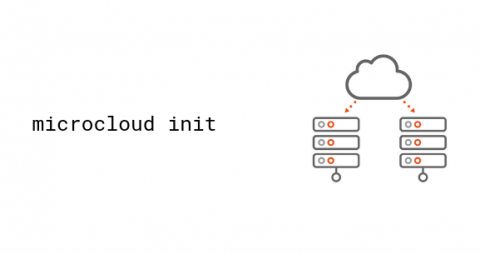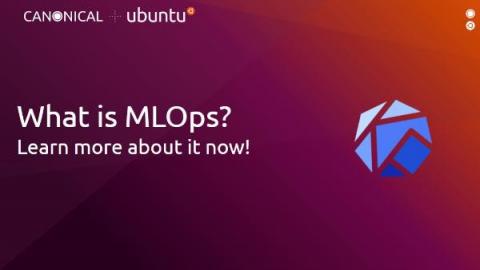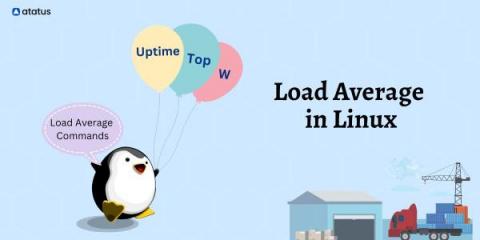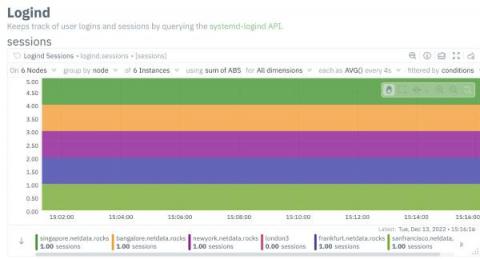Manage Debian, Ubuntu, and derivative Linux distributions with Landscape Scripts
What are you tinkering with over your vacation? Perhaps you have ambitions to have a beautiful homelab, launch pet projects on a public cloud, or build do it yourself home automation. Ubuntu has broad community and commercial support, making it the logical choice when you need to provision machines and containers with a mix of proprietary and open source software. Once your homelab, home automation, or public cloud projects are running, you can deploy Landscape beta.











